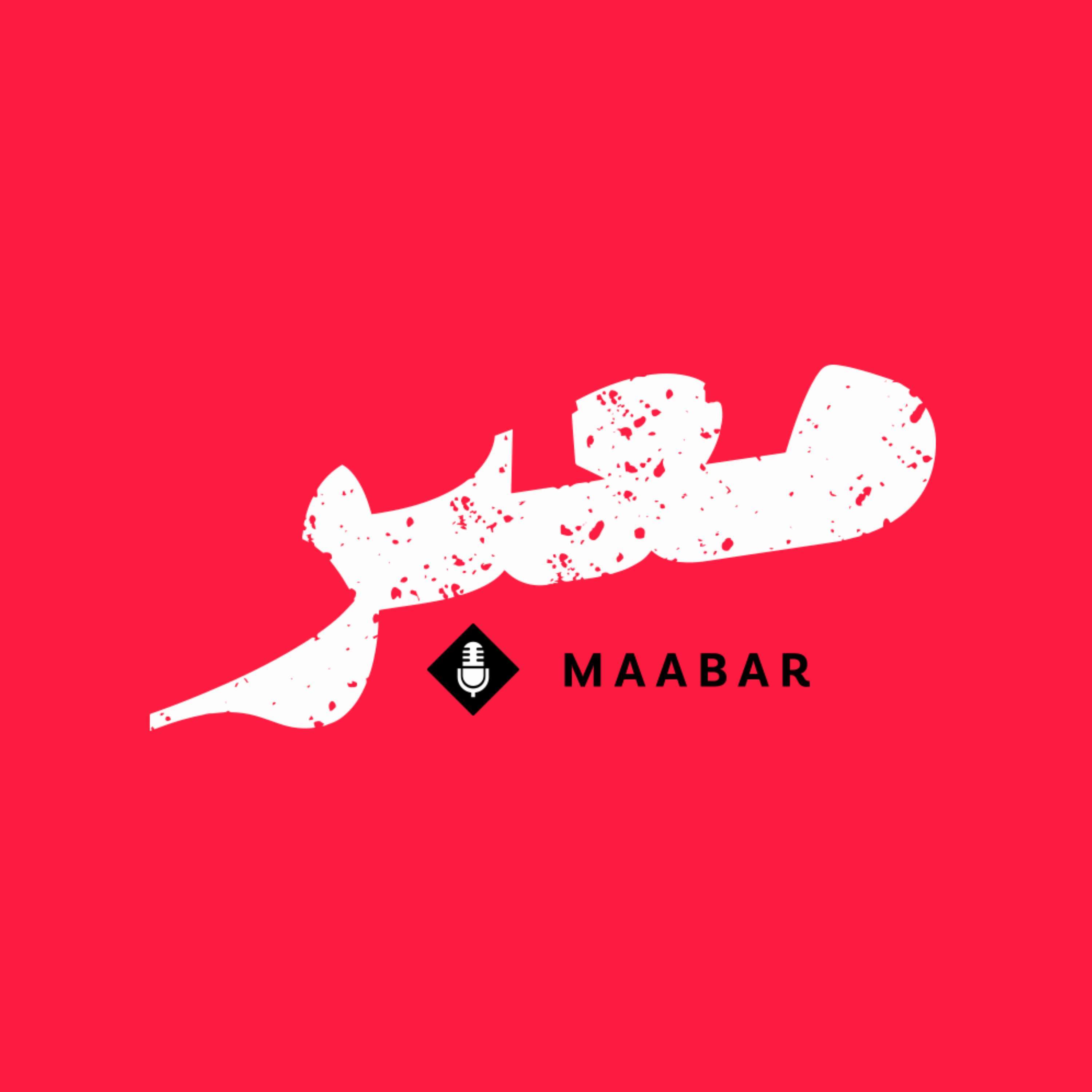S1 Special EP05 - مْقَطّعة أَوصالُه Fragmented
Description
In this chapter, we learn how a city severed and a country truncated becomes a maze that journalists must learn to navigate, to cross lines from one sector to the next, from East to West and West to East, to do their job and get their story out, all the while risking their life.
------------------------------------------------------
All images are property of their owners and are used with permission.
If you enjoy our content please Like and Subscribe.
For the list of credits:
https://www.maabarpodcast.com
Subscribe to the "Maabar" YouTube channel:
https://www.youtube.com/@maabar/
Watch full Season 1:
https://bit.ly/3HIyrqs
Follow “Maabar” on Instagram: https://www.instagram.com/maabarpodcast
Support "Maabar" on Patreon:
https://www.patreon.com/Maabar
-------------------------------
A country severed into pieces, a city cut into halves at Khat al-Tamas, the green line. This Rubik’s cube of a country can never be solved, a futile, yet deadly struggle to place people into community, sectarian, and ideological boxes. You are part of it, whether you like it or not, because who they say you are, where you come from.
To others off limits, but to you, a matter of fact, you must cross the line to bear witness to what’s happening and how people live on the "other" side(s). You know the checkpoints networks like the back of your hand. Know which line you can cross when, know the handlers and their moods, map your route depending on who is at which post when. Today, it’s Khaldeh to Kfarshima, tomorrow, it’s Babir to Mathaf, lines shift all the time, depending on what happened that morning, what orders come in, who’s in the car with you, what allegiances switch, what seemed secure a minute ago, is now off the table.
To survive, you can't get caught on the wrong side - whatever side that may be. You build networks, communities of fellow journalists, find fraternities and sororities so that no matter what your religion, your accent, your birthplace, or your press card, crossings can be crossed. You build a support system, meet regularly, break the idea of "the other," become more than colleagues, friends who help get each other out of the cross fire and from crossing the line between life and death.
More Episodes
In our final episode, we close the series with the Lebanese journalists who tell of their struggles to balance between their job of documenting, in words or in photographs, their own country’s destruction, and of their vulnerabilities, living with the aftershock of war, carrying the weight of...
Published 03/26/24
Published 03/26/24
This penultimate episode of our 9-part special focuses on the reflection of the francophone journalists and their role during the war, the savagery of what the civil war entailed, its futility, lives lost in vain, and the living horror of those who fought and are left to confront the harsh...
Published 03/13/24


